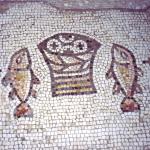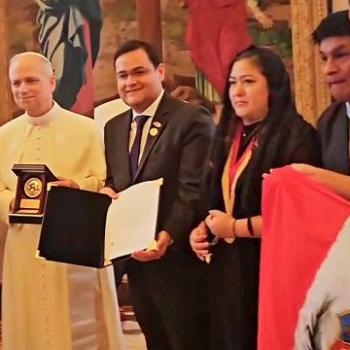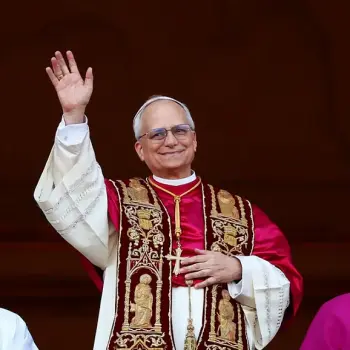I finally had a chance to read carefully the Motu Proprio Traditionis Custodes issued by Pope Francis on the use of the Roman Liturgy prior to the reform of 1970. There have been very strong responses from those Catholics who enjoy the Extraordinary Form of the liturgy according to the allowances made by Pope Benedict almost twelve years ago. Here are my thoughts on the Motu Proprio.
The purpose of the document is abundantly clear: ecclesial communion. It is important to also note that Pope Francis does not act alone, but after consultation with Bishops from throughout the world.
Having read many critical comments on the document, I found the actual document to be much softer than what I expected. I quickly noted that Pope Francis does not ban the use of the 1962 Roman Missal, but rather grants each individual Bishop the ability to regulate its use. Pope Francis is not “taking away the Latin Mass.” The document reads: “Therefore, it is [a bishop’s] exclusive competence to authorize the use of the 1962 Roman Missal in his diocese, according to the guidelines of the Apostolic See.”
The desire for greater ecclesial communion is evidently seen in the requirement for each Bishop to appoint a delegate, or chaplain, for the pastoral care of the faithful who attend the Mass celebrated according to the 1962 Missal. This priest must be knowledgeable of the liturgy and the use of Latin. He must also be “animated by pastoral charity and ecclesial communion.” This priest must also be in charge of the pastoral and spiritual care of the faithful. My understanding is that the Extraordinary Form should be celebrated in a chapel or oratory with a priest who has exclusive care of the community. The priest and the faithful of this community cannot argue that the Liturgical Reform of Vatican II is invalid, in other words, that the Ordinary Form of the Mass is no good. Unfortunately, I have met many Catholics who advance this incorrect position.
The document does restrict Bishops in that they cannot authorize new groups to celebrate the 1962 liturgy. Whatever is currently happening in a Diocese may continue without further expansion.
The Bishop may allow priests currently celebrating the 1962 Mass to continue to do so. Those ordained afterwards must request permission from the Bishop, who must consult with Rome. This is not a ban on the celebration of the Extraordinary Form, but rather, a granting of its regulation to Bishops.
Pope Benedict’s Motu Proprio Summorum Pontificum, which loosened restrictions on the celebration of the 1962 Mass, wished for there to be greater unity among the faithful. As a priest, my experience is that most of the faithful who attend the Extraordinary Form love it for its beauty and reverence. However, I have met some adherents who are radical: denying the validity of the Ordinary Form or Novus Ordo Mass. Pope Benedict dreamed of ways that the Ordinary and Extraordinary Forms would enrich each other, rather than becoming two parallel liturgies where the faithful bicker with each other about which one is better. Summorum Pontificum took away a Bishop’s ability to regulate the celebration of the Extraordinary Form, granting the faithful direct recourse to Rome. Now, Bishops will be able to exercise their office as chief liturgists of their Diocese when it comes to the 1962 Missal.
Traditionis Custodes is a reminder that as a whole the Eucharist must be celebrated in a manner that draws the faithful into the Mystery of God. It must be celebrated reverently and beautifully regardless of language or Missal.
Pope Francis has not banned the Latin Mass.
Those who are weeping and disgracefully disparaging Pope Francis must have not read the document. The same goes for those who see this as a victory over those who prefer the Extraordinary Form. The document is brief and direct, it’s worth a read.













